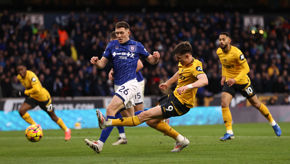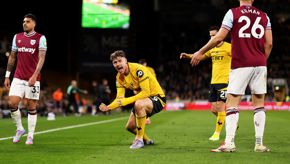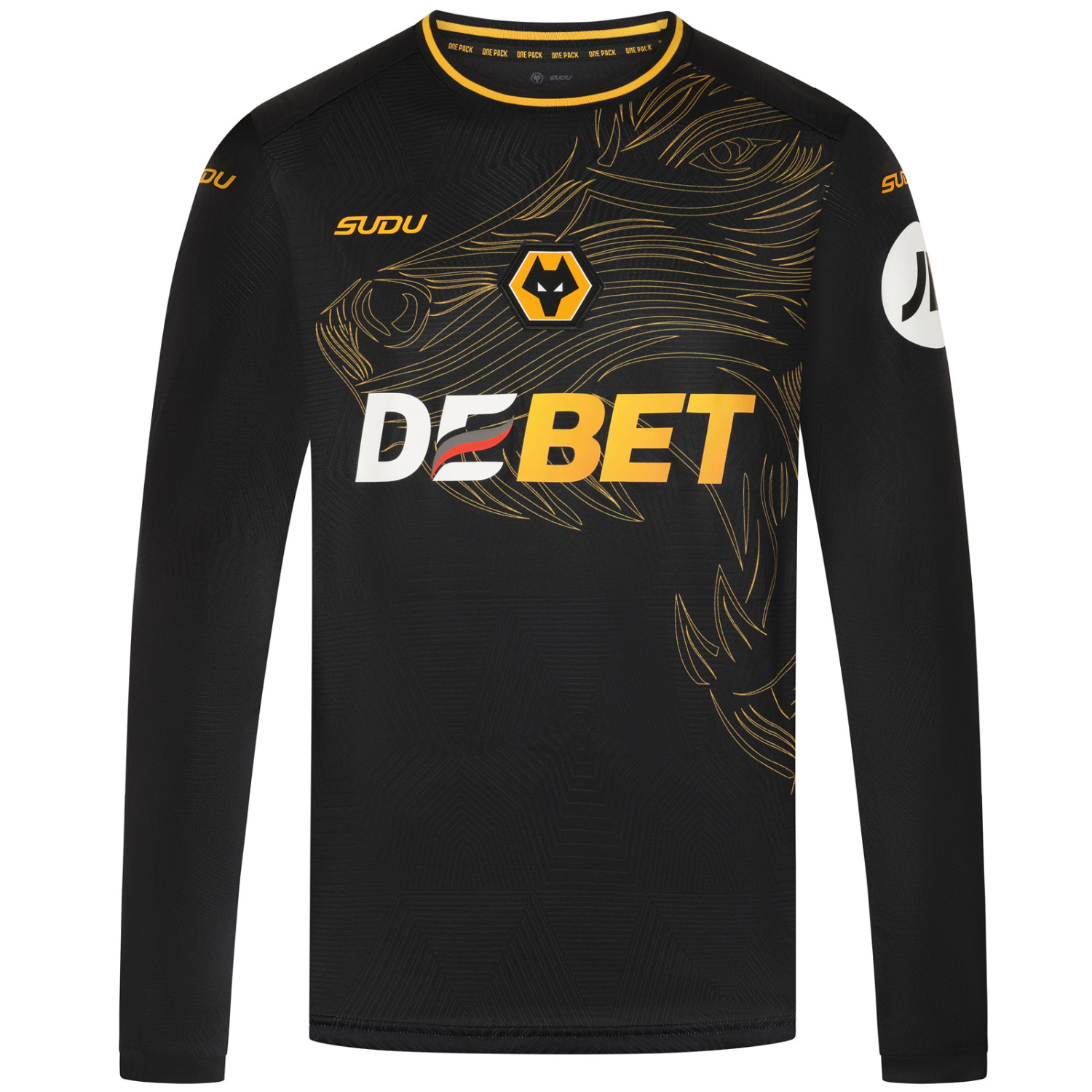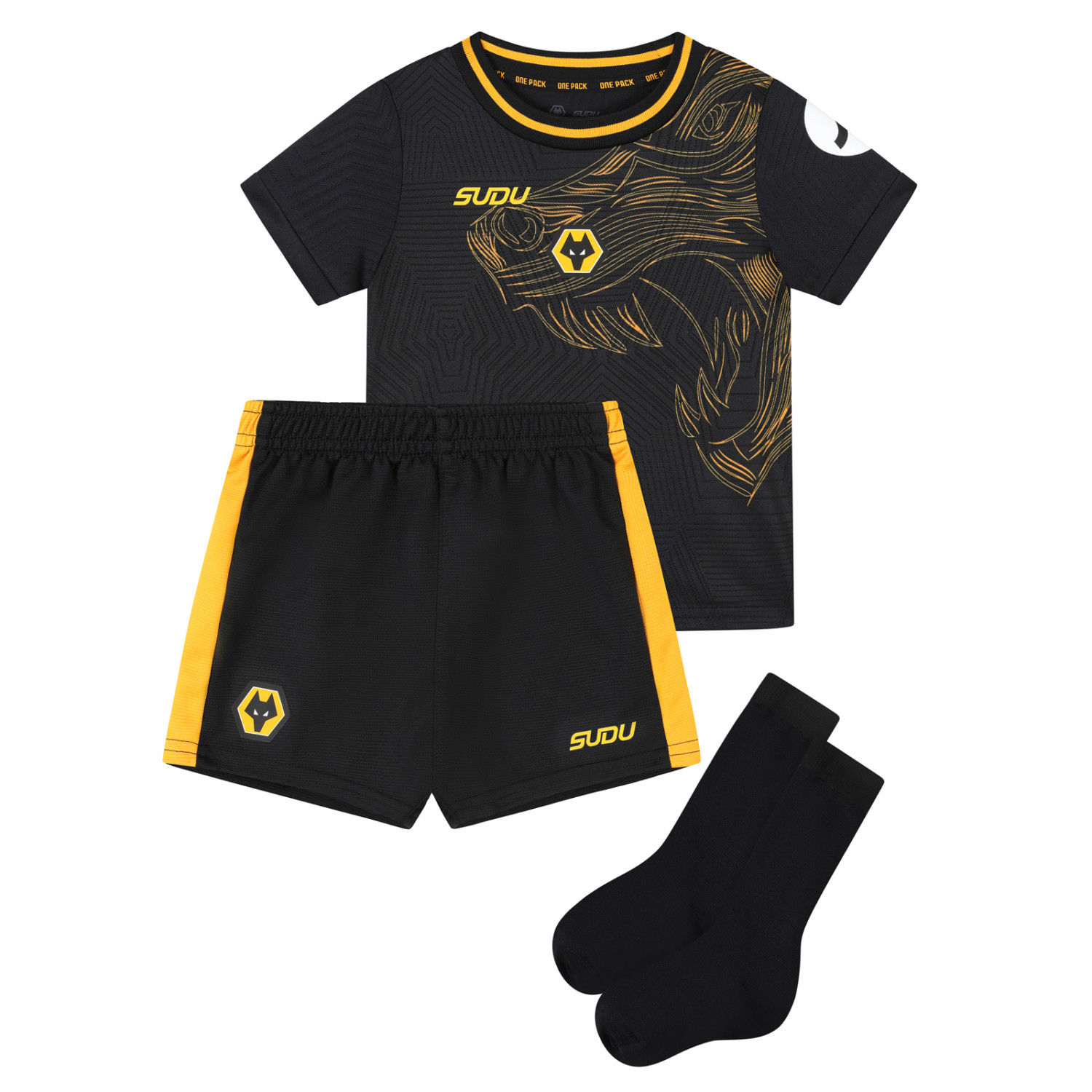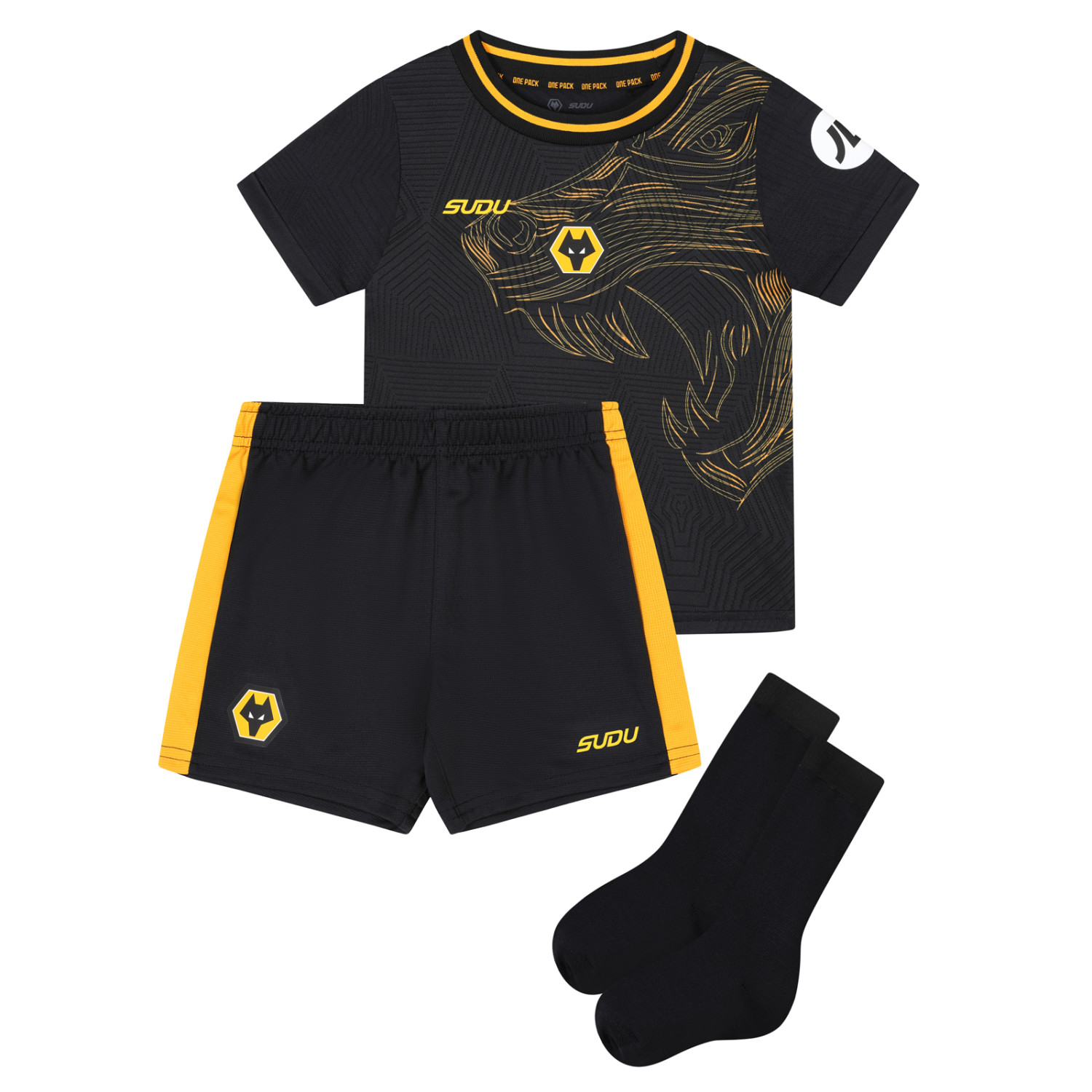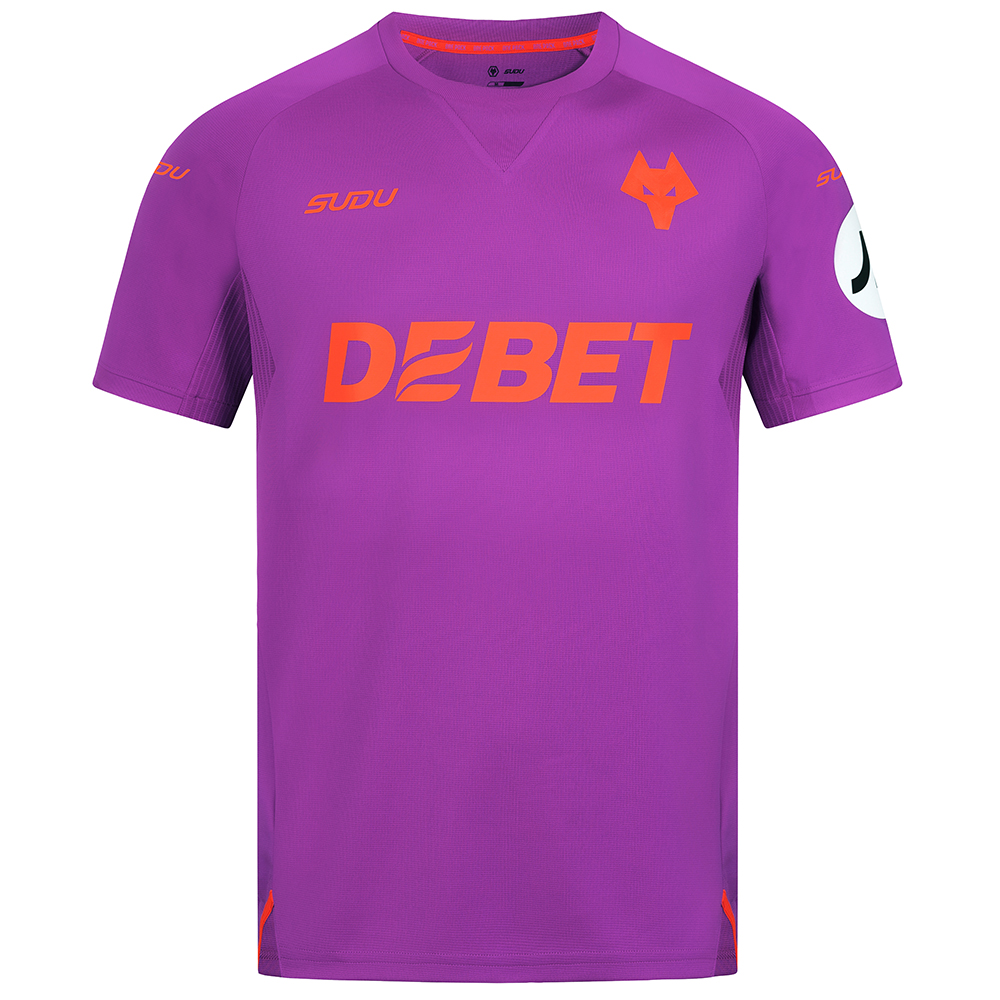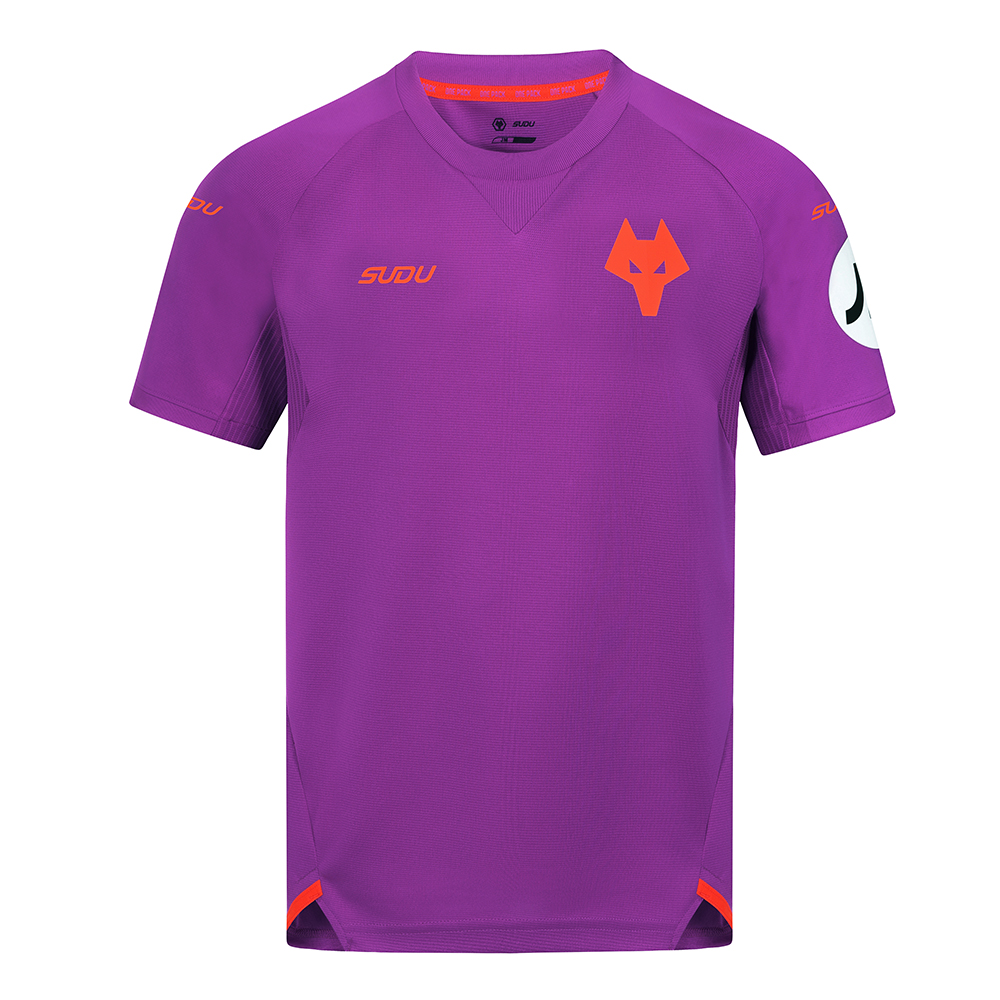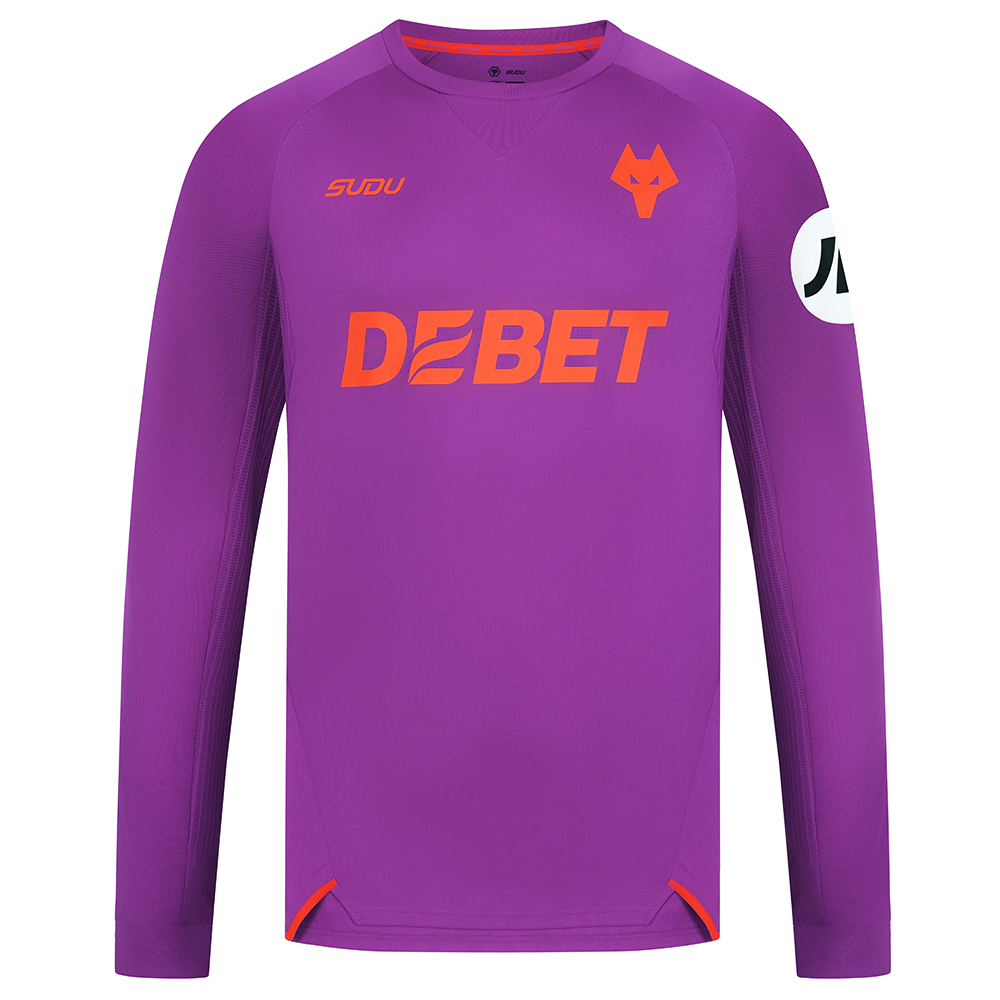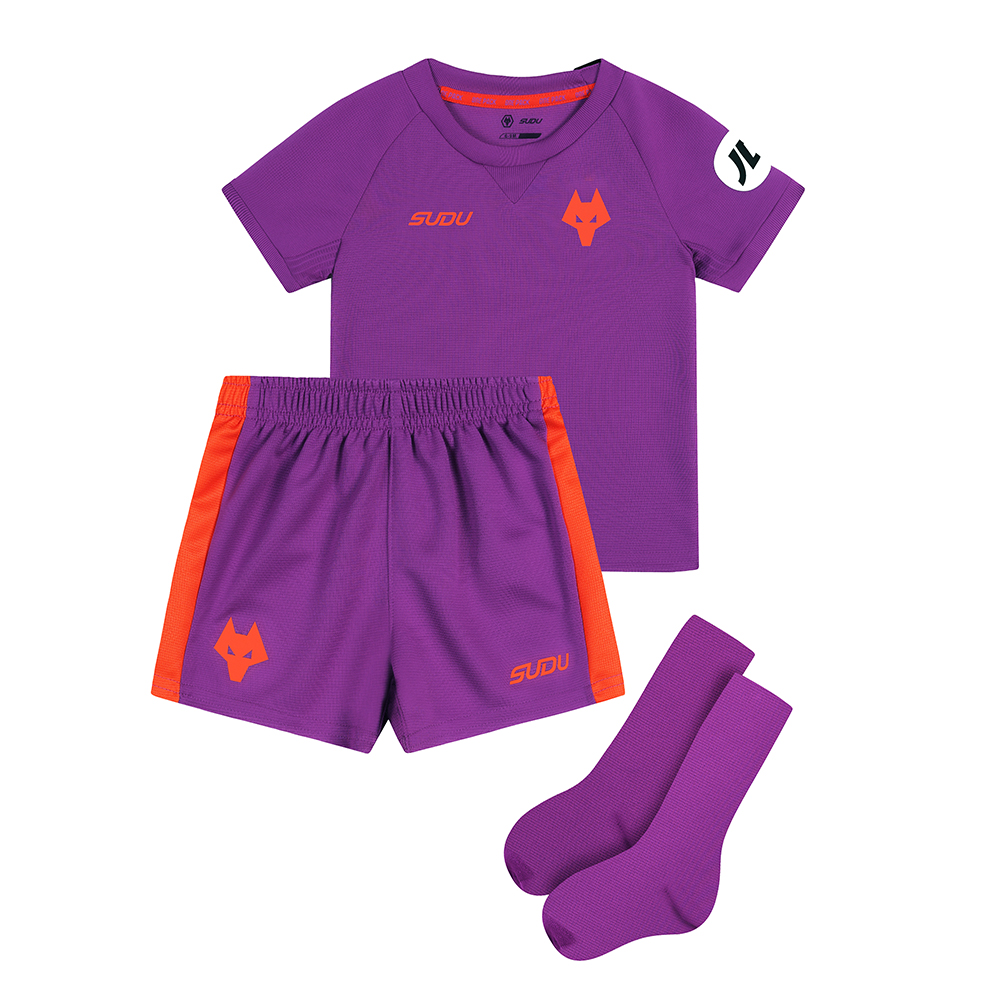Putting the focus on those players who have had long and well-travelled careers in the game, but only made a brief stop off at Molineux.
This week, we look at the career of a Swedish centre-back who ended his career at Wolves having earned almost 80 caps for his country but stepped out just five times in gold and black – Joachim Bjorklund.
Before Wolves
Coming through the youth ranks of Osters IF, Bjorklund represented his homeland club in the Intertoto Cup during the 1988/89 season, as he marked his senior debut, before taking the leap from obscurity in the club’s youth team into a starting role with Norwegian outfit SK Brann. Having been brought into the club during 1990, it didn’t take long for the then-19-year-old defender to cement his place in the Brann first-team, as he played all but two matches during his inaugural campaign to help his side finish in fourth place, despite losing just five times.
Although he played every minute of Brann’s following season, it was not as much of a successful one, with the team ending up in the relegation play-off, but thanks to a couple of 1-0 wins to end the season, they maintained their place in the Norwegian top flight.
Having turned out for Sweden multiple times as a youth international, Bjorklund was rewarded with his first senior cap ahead of the 1992 Tippeligan campaign, as he played the whole 90 minutes of his country’s goalless draw with Australia. He earned another seven caps during the year, while also representing Sweden at the 1992 Summer Olympics in Barcelona, as he helped the team to the quarter-finals. Forming a successful defensive partnership with Patrik Andersson, Bjorklund was also selected for Euro 1992, as Sweden drew with France and beat Denmark and England to reach the semi-finals, which ended in defeat to Germany.
A switch back to his homeland to join IFK Goteborg followed after the Euros, with the team competing in the Champions League. Bjorklund helped Goteborg to a pair of group stage wins over PSV Eindhoven, but defeats to AC Milan and Porto meant the team would fall at the first hurdle – but they did pick up successive league titles. After guiding Sweden to the semi-finals of the 1994 World Cup which although ended in a semi-final defeat to Brazil, saw Bjorklund claim a Bronze medal ahead, the defender would be part of Goteborg’s biggest success in the club’s history the following year.
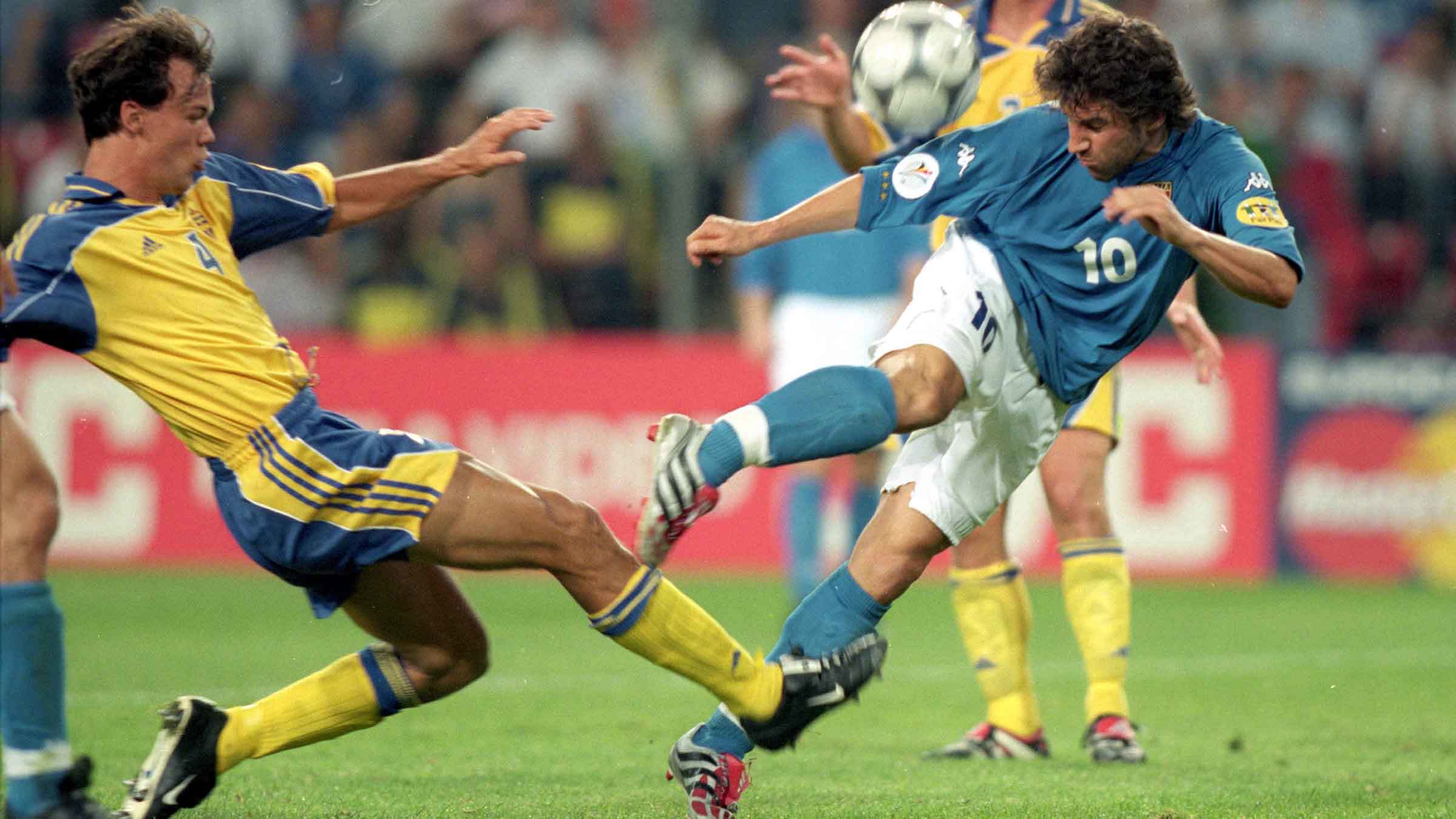
With a third league title on the horizon, Bjorklund inspired the team to a 3-1 victory over Manchester United in the Champions League group stage as well as wins over Barcelona and Galatasaray, which ultimately saw the team top the Group A table. However, their joy was short lived as the team lost out to Bayern Munich on away goals having drawn the first leg 0-0 in Germany.
Following the 1995/96 season spent in Serie A with Vicenza Calcio in which the team finished in a respectable ninth place, Bjorklund made his first move to the UK, signing for Scottish giants Rangers for a £2.2 million fee. A key part of Walter Smith’s side, Bjorklund helped Rangers to the league and cup double in his first season at Ibrox, although the team were unable to get out of their Champions League group. Another season with Rangers would follow, in which the team fell just short of repeating their double feat with a runners-up spot in both the Scottish Premier Division and Scottish Cup.
Bjorklund then turned his hand to Spanish football, where he enjoyed three successful years at Valencia. In his first season, the centre-back secured a Intertoto Cup title, as well as the Copa Del Rey, under the guidance of Claudio Ranieri, before adding the Spanish Super Cup in the August after victory over Barcelona. Bjorklund was also part of the Valencia squad which made it to successive Champions League finals in the early 2000s, before falling to Real Madrid and then Bayern Munich, although the defender missed out on appearances in either match.
With his playing time limited at the Mestalla, Bjorklund moved back to Italy where he would feature for Venezia during the first half of the 2001/02 season, before making the switch to the Premier League for the first time in his career in the January of 2002, joining Sunderland. Although he was unable to help the Black Cats avoid relegation in his first season, he was part of the team which secured promotion via the Division One play-offs.
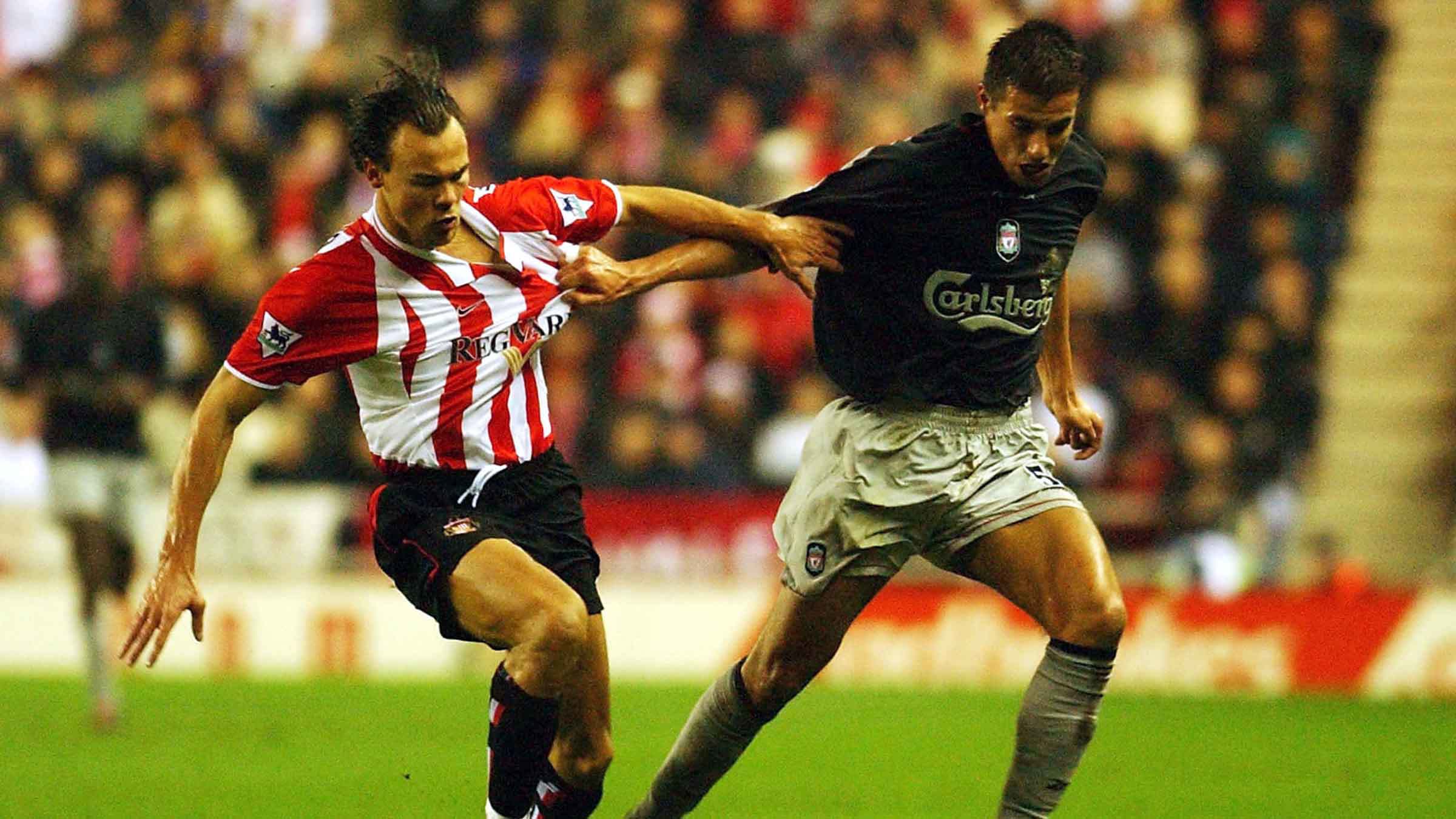
Wolves career
Having played for Sweden at Euro 2002, Bjorklund was not dropped by his national team during the early stages of the 2002 World Cup qualification campaign, and disappointed with the decision, the centre-back decided to retire from international football.
With injuries beginning to affect his career, Bjorklund took the step back down to the Championship after Sunderland boss Mick McCarthy indicated the centre-back was deemed surplus to requirements, as he moved to Molineux on a free to join recently-relegated Wolves in the summer of 2004.
Bjorklund agreed a one-year deal with Wolves and was determined to help the club straight back into the top flight at the first time of asking having experienced it already with Sunderland.
However, his time at Molineux did not live up to his expectations, with injuries seeing his playing time limited to just five outings in gold and black, including three in the First Division. Although he played a part in Wolves’ first two games of the season – a 2-1 loss away at Stoke City and a 2-2 draw at Molineux against Preston North End – the 34-year-old featured just three more times for Wolves, which saw Bjorklund decide to call time on his career.
His last game as a professional came in an FA Cup fourth round defeat away at Arsenal, as he played the opening hour of a 2-0 defeat for the Old Gold.
After Wolves
Having finished his playing career after his injury-hampered season in the Black Country, Bjorklund worked as a scout at former club Valencia, focusing on spotting talent in Nordic countries, while also working as a pundit for many years with Swedish channel Canal+, where he covered La Liga.
He has since turned his hand to coaching, joining Hammarby IF in 2018 as assistant head coach to Stefan Billborn, during a time where the club qualifies for the Europa League, before the pair reunited in 2022 at Sarpsborg 08.
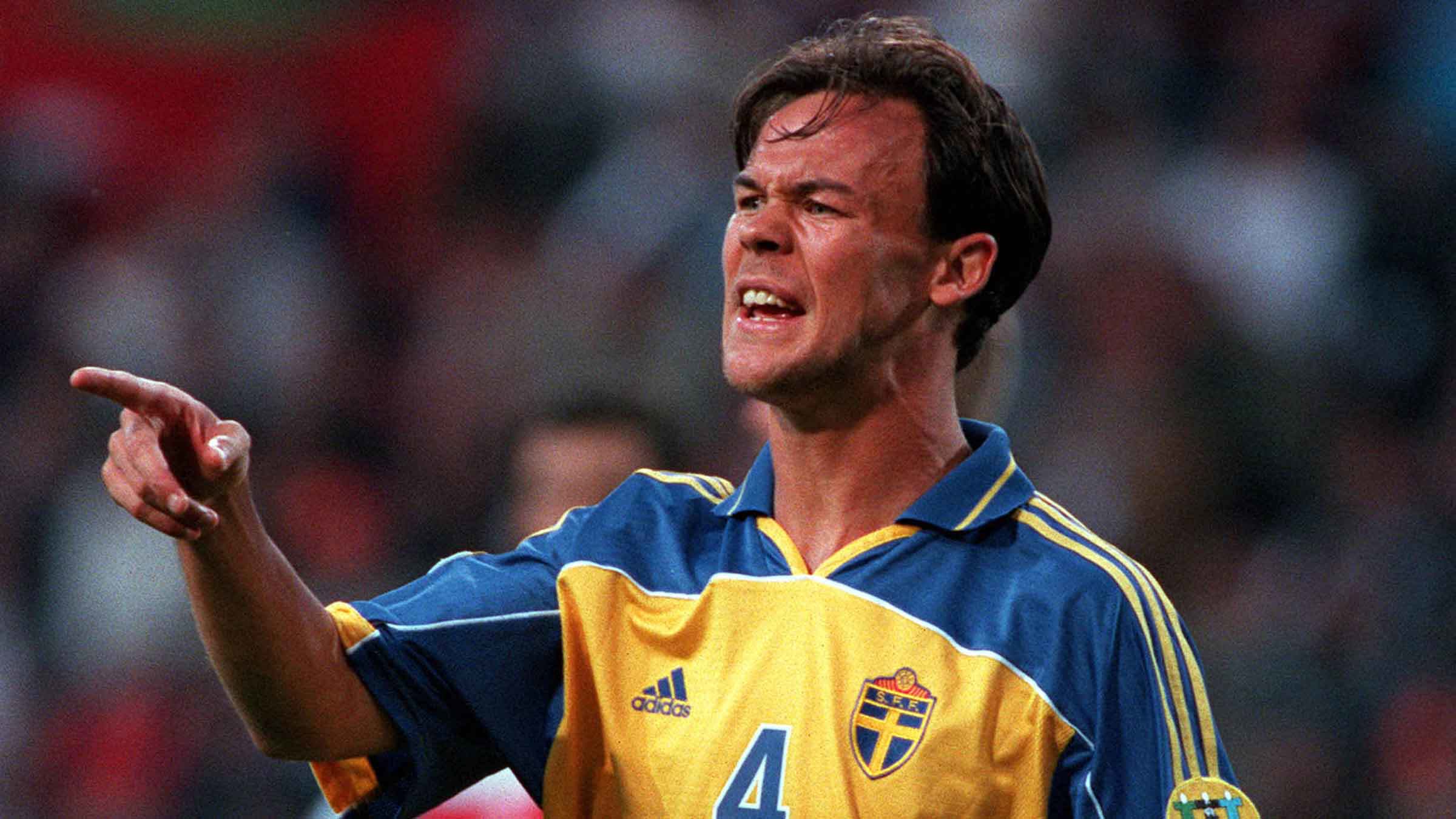
This article originally featured in Wolves' official 2023/24 matchday programme. Last season's programmes are still available to purchase online through retailers Curtis Sports.
